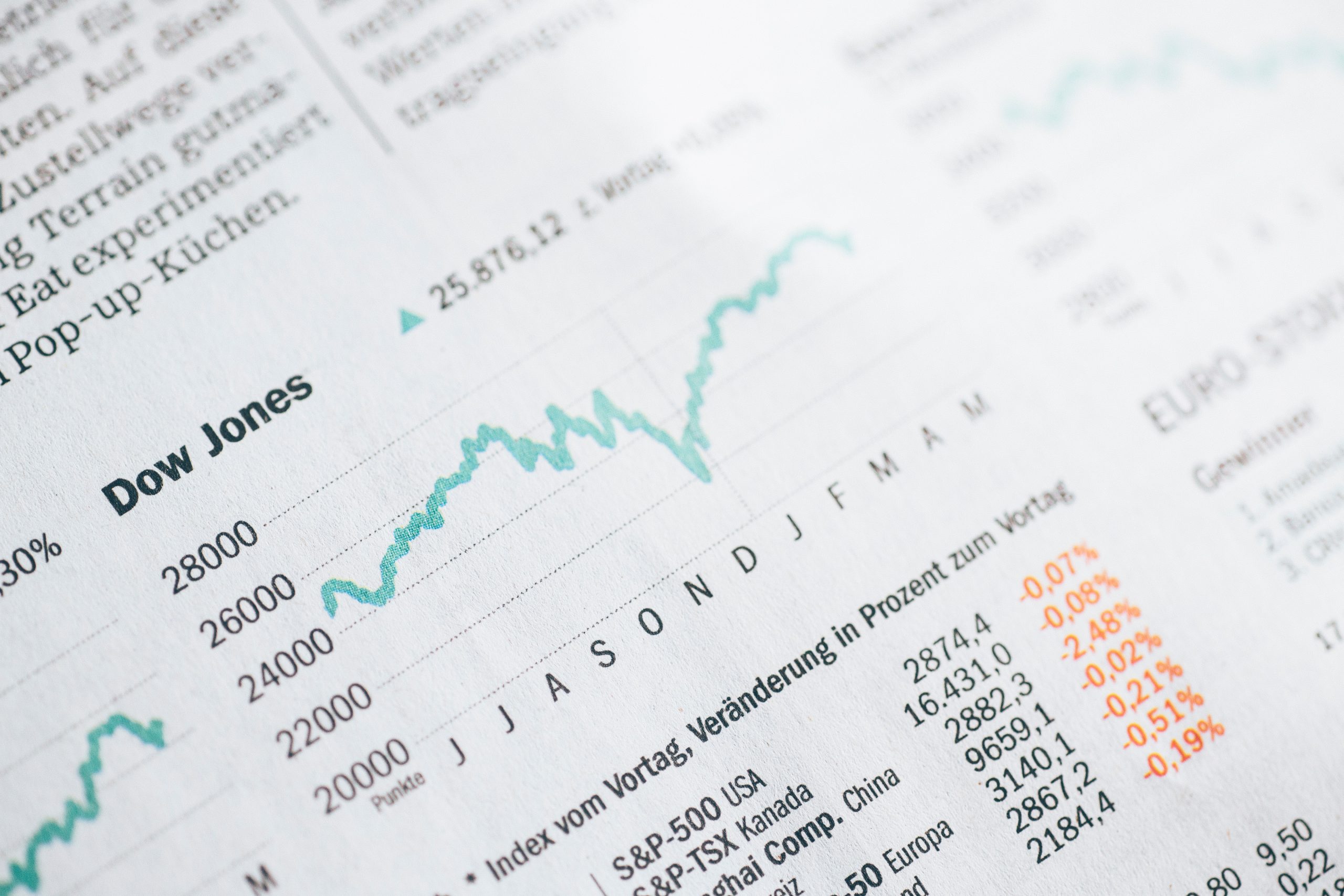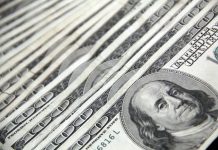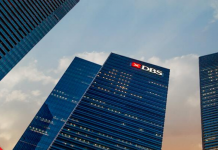
Deutsche Bank CEO says global economy will not recover quickly and will not return to pre-coronavirus levels for a “long time.”
“A return to our old economic strength will take much longer than we assume today,” Christian Sewing, CEO of Deutsche Bank, said at the Handelsblatt Banking Summit.
Business activity in the euro zone fell sharply when lockdown measures were implemented in March. When certain restrictions were loosened, businesses have somehow rebounded.
However, a slight recovery in activity will end soon if new lockdowns and social restrictions are imposed once again or no treatment will be developed.
“A lot of companies have to manage to live with reduced sales for quite a long time. We have to deal with an economic situation where we will have a recovery, yes, but only step by step and not in all industries,” Sewing stressed.
The coronavirus pandemic has heavily ruined the travel and tourism industry. Some analysts doubt that summer is injecting lifeline into some hotels and other tourism activities.
Moreover, governments plan to lessen the stimulus they have given since the Covid-19 first hit, which reflects an increasing risk for many companies and workers.
“The pre-crisis level will be difficult to reach and it will take a long time. This is not going to happen this year and not next year either,” Sewing said. He noted that some parts of the economy will only run at 70% to 90% of its overall capacity.
Sewing said that other economic challenges are not being addressed due to the pandemic. According to him, these included the “dangers of a non-orderly Brexit,” the impact of “low interest rates” and the trade issue between the US and China.
“I do not want to be too pessimistic, ladies and gentlemen, I am just describing the current environment,” Sewing said during the summit.
"More pain"
Another bank executive said in July that the global economy is likely to face “more pain” as companies brace for the end of relief measures.
The economic damages brought by the coronavirus pandemic may worsen when relief measures end. Meanwhile, banks may deal with “far more damage” to their balance sheets, according to Piyush Gupta, group chief executive of Singaporean bank DBS.
He told CNBC’s “Managing Asia” anchor Christine Tan that government stimulus in several countries is assisting businesses face this difficult period. However, many of them may not survive when those measures come to an end.
“If a lot of companies are not able to survive … you’ll have this million-dollar question of how do you deal with these ‘zombie companies,’” said Gupta.
“Do you keep putting money … using public finances to support companies or do you let creative destruction happen a la Schumpeter? This is going to be a real challenge particularly in the SME space around the world, I suspect this will be a big, big challenge next year,” he noted.
Gupta was explaining a concept first thought of by Austrian economist Joseph Schumpeter, which refers to the process of dismantling the old to move forward with the new and improved.






